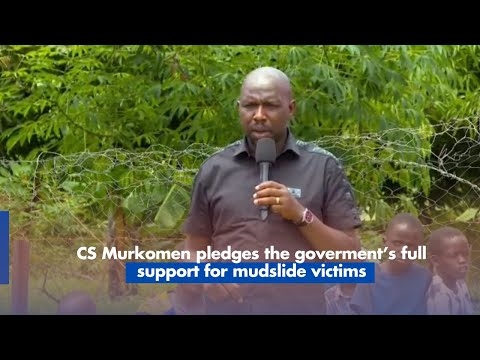
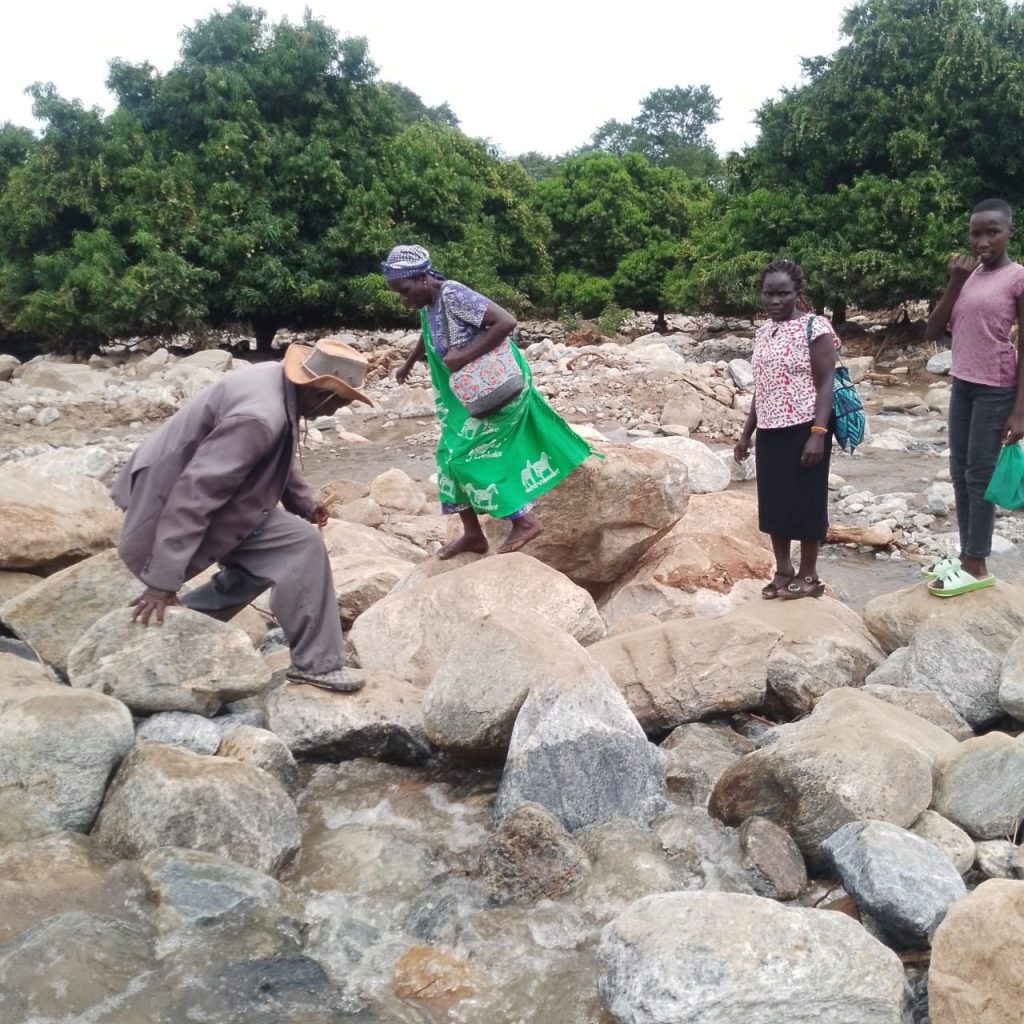 Residents in the area affected by
mudslides in Kerio Valley
/MATHEWS NDANYI
Residents in the area affected by
mudslides in Kerio Valley
/MATHEWS NDANYI
In the aftermath of the deadly mudslides that swept through Kerio Valley and claimed 38 lives, Nandi Governor Stephen Sang is calling for urgent action to protect fragile landscapes in the North Rift.
Sang is urging residents living along escarpments to stop farming on steep slopes—a practice he said has weakened soils and fuelled recurrent mudslides.
“We have lost many lives. As a way forward, our communities along the escarpments must change their farming activities and refrain from living in these risky areas,” he said.
The governor, who also chairs the North Rift Economic Bloc, has been leading coordinated relief efforts across the region as counties rally to assist affected families in Elgeyo Marakwet.
He said the bloc will work with national agencies to develop long-term solutions, including resettlement and sustainable land-use planning, to curb future disasters.
Sang encouraged residents to adopt safer and more sustainable farming alternatives such as coffee cultivation, which can thrive without destabilising slopes.
“Such practices will help prevent landslides, especially during the rainy seasons,” he noted.
Accompanied by elders, clergy and county officials, Sang led a Nandi county delegation to deliver food and essential items to families affected by the tragedy.
He emphasised that rebuilding livelihoods must go hand in hand with environmental rehabilitation.
The Kerio Valley Development Authority has also announced an extensive environmental conservation plan targeting more than 100,000 people living along escarpment zones.
KVDA finance director Moses Kipchumba said the new initiative will focus on restoring the Cherang’any belt, expanding tree cover and promoting agroforestry to strengthen soil stability.
“Last week’s devastating mudslides were a result of continued environmental degradation caused by unsustainable human activities,” Kipchumba said.
“We will sensitise communities to adopt modern agroforestry that allows trees and crops to coexist while protecting the land.”
The conservation programme will align with President William Ruto’s national tree-growing initiative, which seeks to plant 15 billion trees.
Kipchumba said KVDA will leverage this vision to ensure the vulnerable Kerio Valley belt is transformed into a zone of resilience and regeneration.
He urged residents to rethink their farming methods, planting crops suited to their terrain and soil type to help prevent further erosion.
“We must change our mindset and understand which crops are suitable for which areas so that our soils remain strong and protected,” he said.
For now, as communities along the escarpments mourn their losses and rebuild their lives, the message from leaders and conservationists is clear—the survival of the valley depends on how the land is treated.


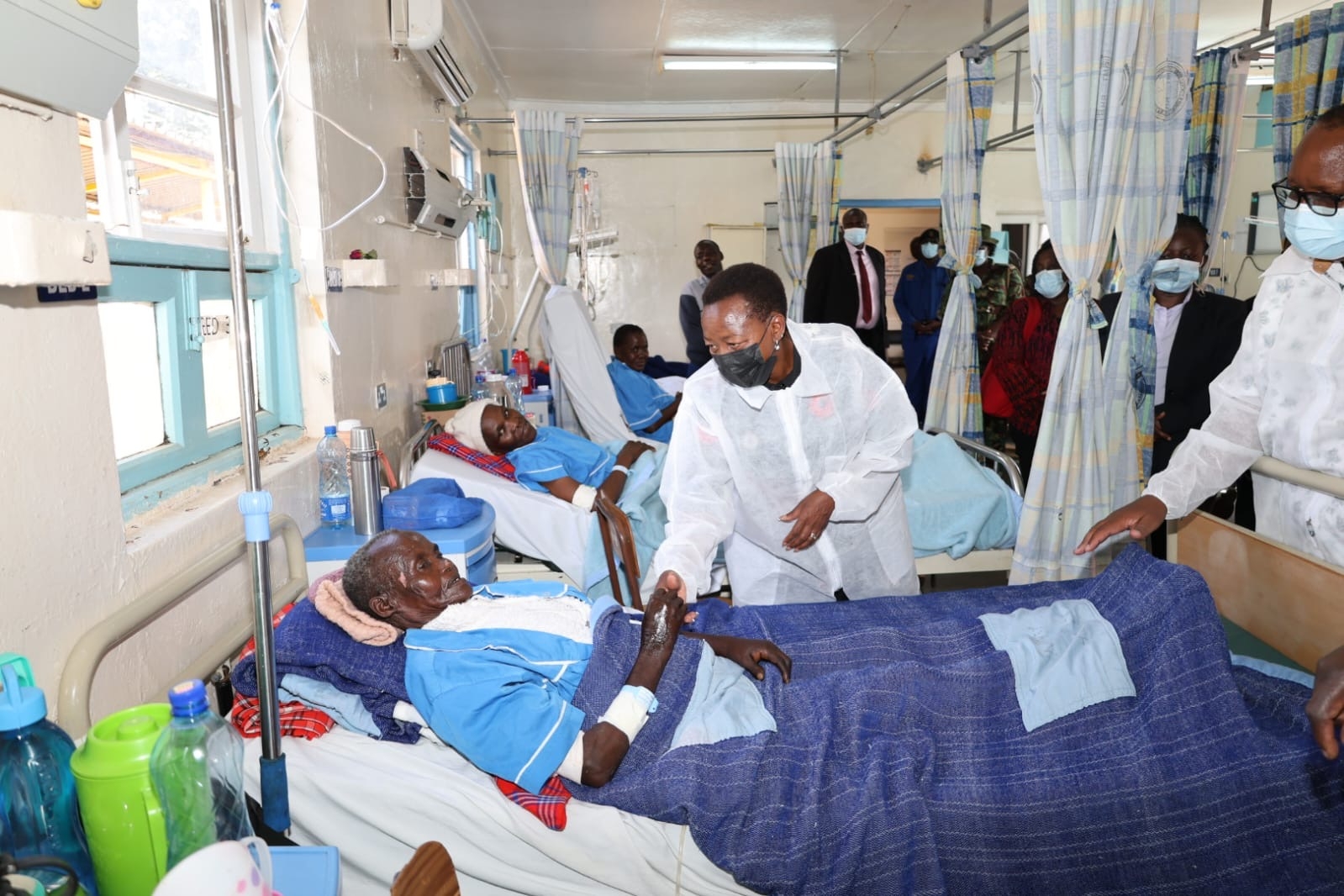

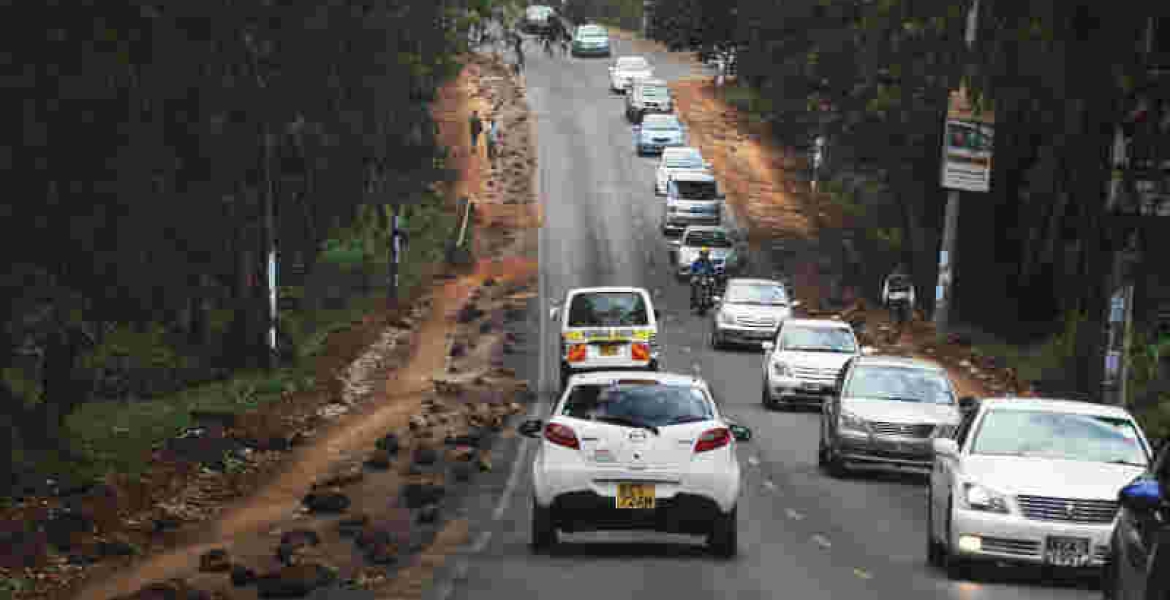


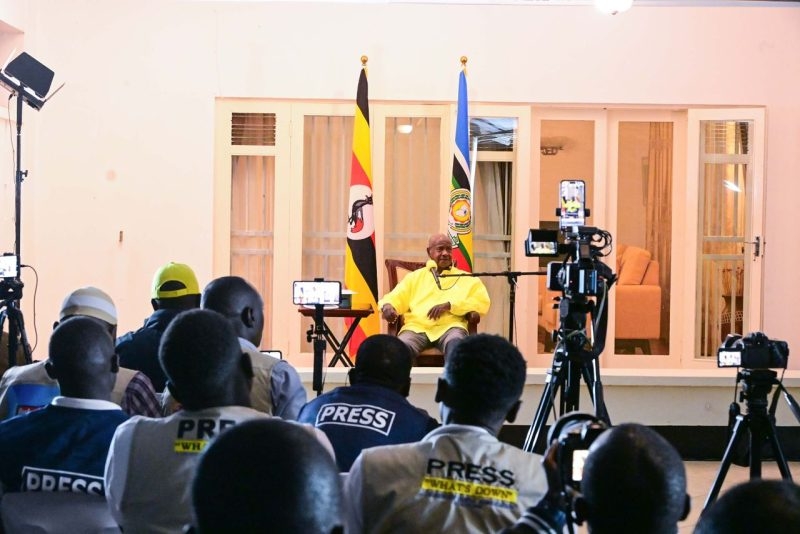






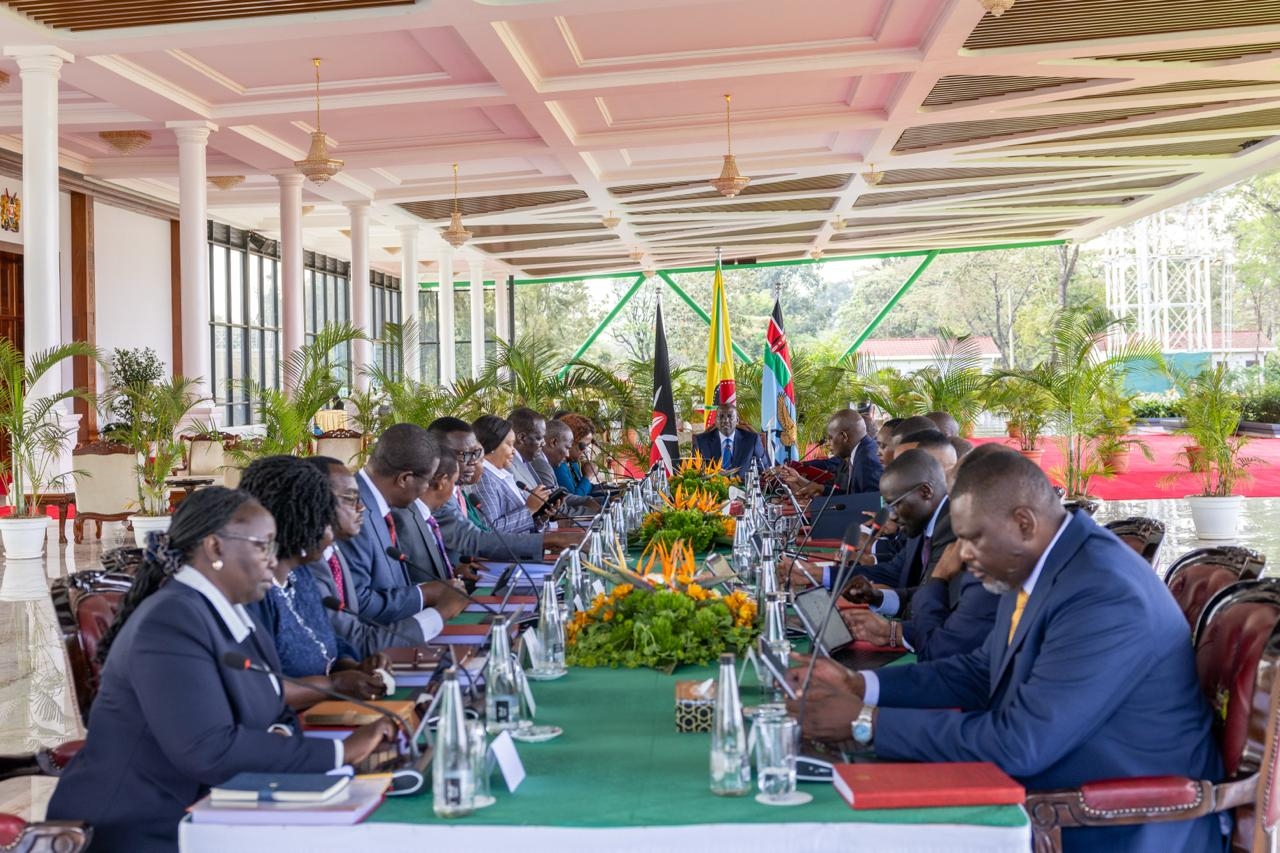

![[PHOTOS] Gor fans march to Bondo to honour Raila](/_next/image?url=https%3A%2F%2Fcdn.radioafrica.digital%2Fimage%2F2025%2F11%2F753aaa26-999c-40fe-bf2e-409fc6282745.jpeg&w=3840&q=100)
